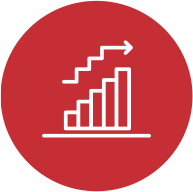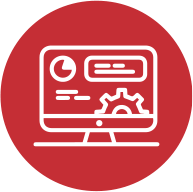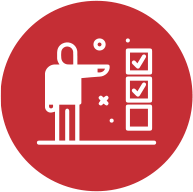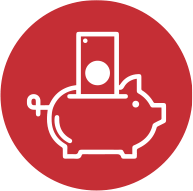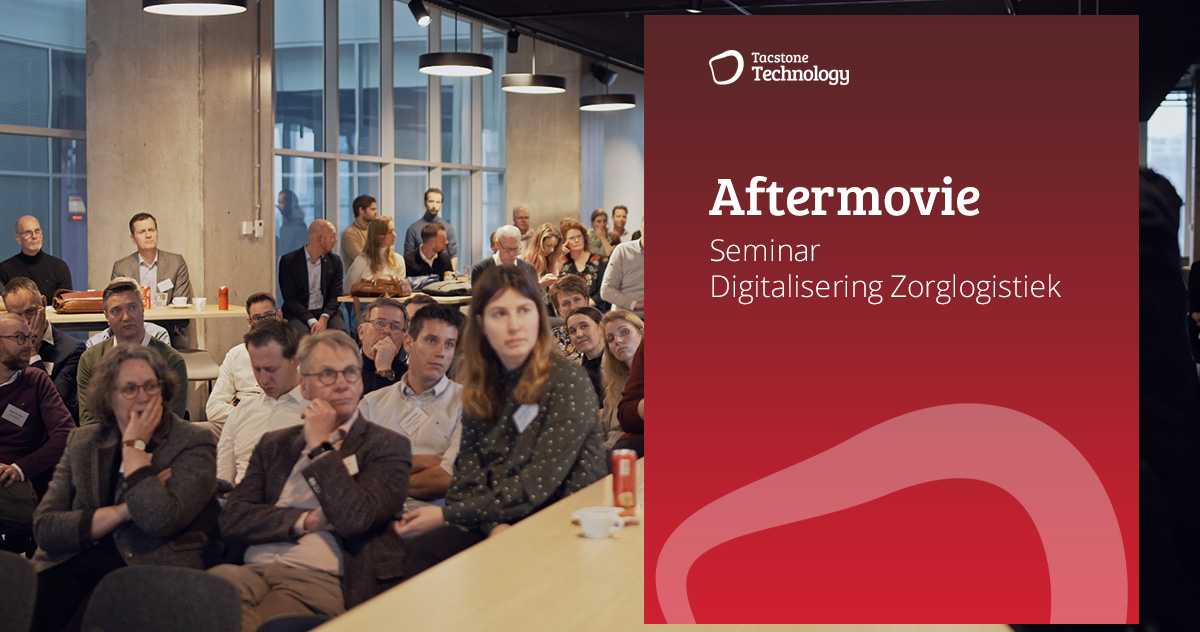

The healthcare administration is the beating heart of healthcare organizations, where the management of patient records, billing, and compliance with complex regulations takes center stage. The challenges faced by these departments are diverse and demanding. Improving data quality, reducing processing times, and optimizing operations are crucial to ensure healthcare runs efficiently and effectively. How can this be achieved? With Robotic Process Automation (RPA).
RPA provides a solution by automating repetitive tasks, such as updating patient records and processing invoices. This not only enhances data integrity but also improves the speed and efficiency of administrative processes. As a result, employees can focus on more complex tasks that require human expertise.
Benefits of RPA within the Healthcare Administration Department
Certainly, automating repetitive tasks with RPA leads to time savings. However, the qualitative benefits are equally noteworthy. Particularly within a healthcare administration department, software robots are highly valuable.
Automating administrative tasks with RPA results in:
Software robot vs. administrative employee
What is RPA? RPA stands for Robotic Process Automation, a technology that simulates keyboard and mouse actions to automate repetitive, manual, and often administrative tasks. This is done through a software robot, also known as a digital worker.


- Directly deployable
- Operational 168 hours per week
- 100% productive
- Cost approximately €3 per hour
- Error-free
- Always available


- Recruitment & onboarding required
- Operational 40 hours per week
- 80% productive
- Cost approximately €40 per hour
- Prone to errors
- Subject to leave and sick days
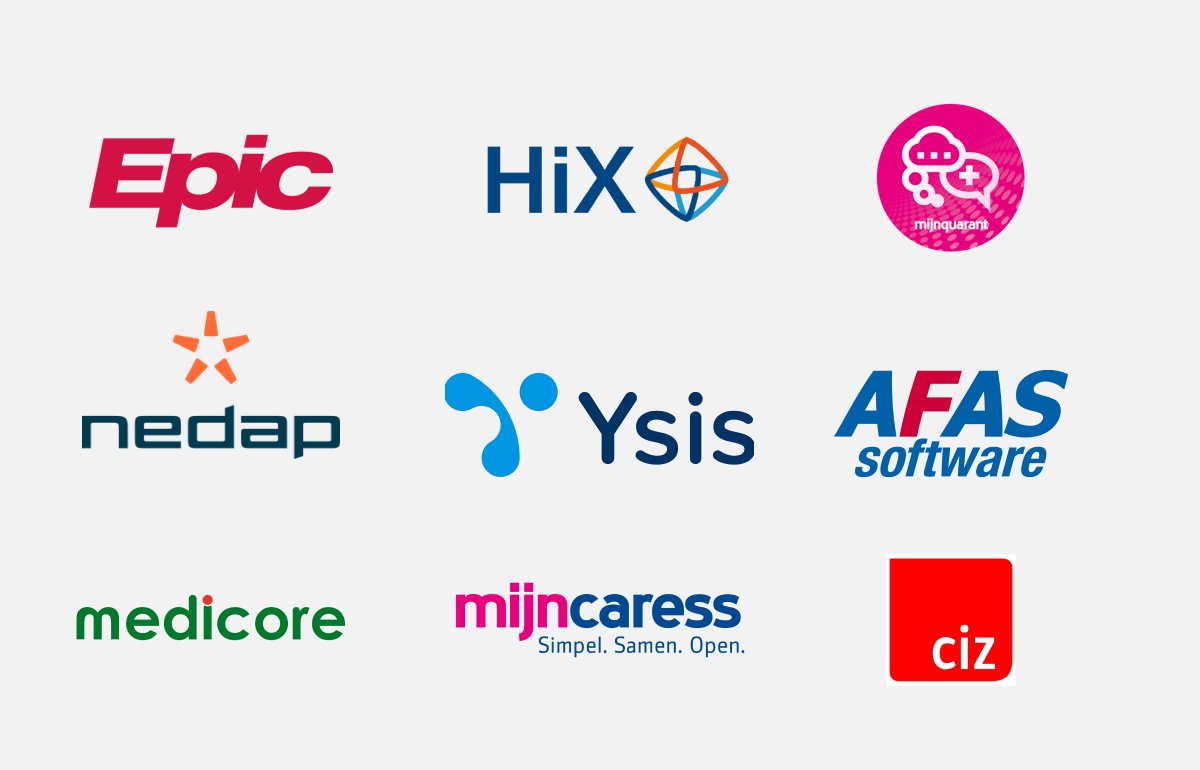
Which processes can you automate with RPA?
The most suitable processes are repetitive, manual, and involve a high volume of transactions. Often, multiple applications are used to perform one process. This is where RPA excels.
Our software robots take over the following tasks within the healthcare administration department:
✅ Registering and verifying patient data (EPD)
✅ Processing, verifying, and forwarding invoices and claims
✅ Updating and communicating schedules and plans
✅ Booking and rescheduling appointments
✅ Collecting and analyzing patient records (EPD)
✅ Processing laboratory results
✅ Gathering data and creating reports for management
✅ Performing regular compliance checks
✅ Monitoring processes for legal and regulatory standards
These healthcare institutions preceded you…
We can provide you with detailed information about who we are, how we operate, and the possibilities of RPA and AI. Please contact us to learn more about these projects.
Retrospective on the seminar: digitization of healthcare logistics
On February 16, a highly successful healthcare seminar took place. With more than 100 registrations from over 45 different institutions, including some major mental health organizations, disability care institutions, long-term care facilities, and youth care institutions.
The seminar was organized in collaboration with Bizzomate & Mendix, featuring compelling guest speakers Klaas Nieuwhof (Director ICT GGZ inGeest) and Maarten Van Rixtel (Chairman of the Board at Sensire) who shared their practical experiences.
Check out the video!
Case Studies in healthcare institutions
Want to know more about the use of Software Robots in your department?
We have assisted multiple educational institutions in deploying software robots (RPA) to automate repetitive manual processes. Curious about which processes we can automate in your department? Contact Mark de Poorter.



